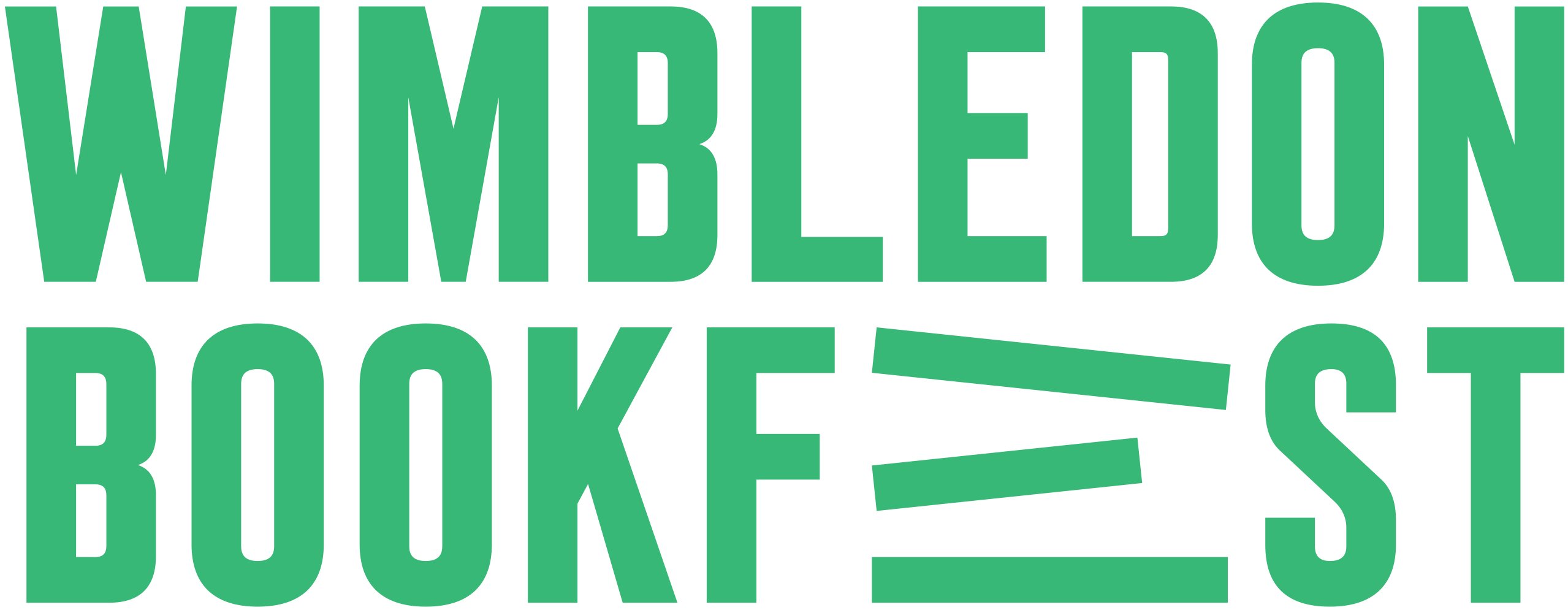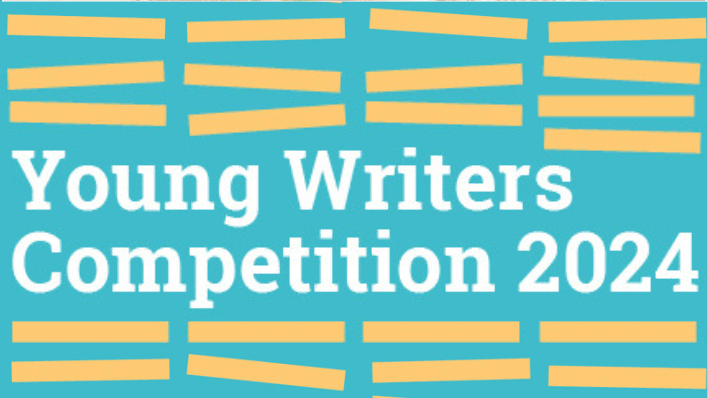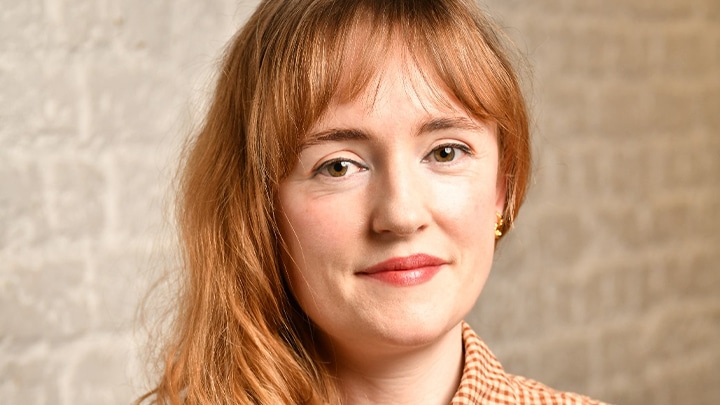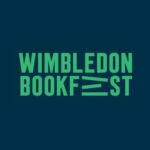The Last Governor of Hong Kong, Chris Patten, at Wimbledon BookFest
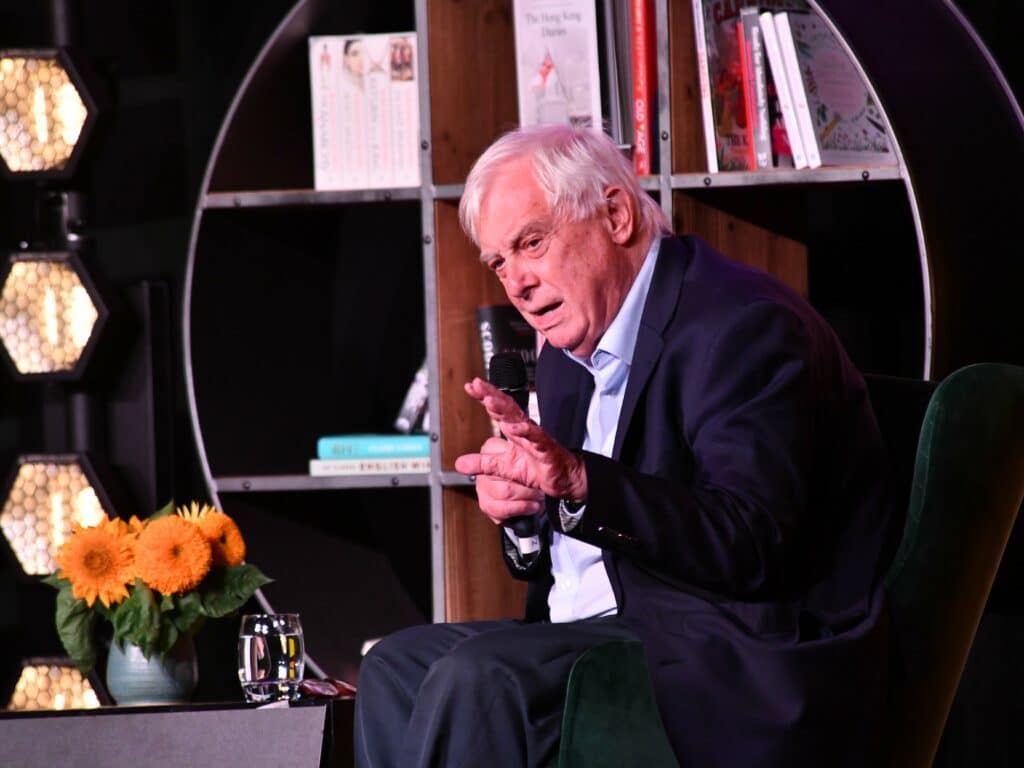
“It is the best of the East and the best of the West.”
The Baillie Gifford Tent was packed out on Monday 26th of September for a riveting conversation between the last British governor of Hong Kong, Chris Patten, and Stefan Stern.
In light of China’s current political crackdown in Hong Kong, this event was a raw and emotional discussion with Patten as he spoke of his experiences as governor of Hong Kong, his views on current politics and his book: Hong Kong Diaries. The book is a collation of all the diary entries Chris wrote during his time as governor from 1992 to 1997.
Chris, “whose love for Hong Kong will never die”, was openly outraged about the current political climate in the city. A man with copious love for the Chinese people, felt strongly about being critical of the Chinese Communist Party but not China overall. Chris spoke of how he worked with many Chinese patriots who he admired dearly. He also suggested the West should have less tolerance for the Communist Party’s wrongdoings, “we shouldn’t think of China as alien, its human, if it behaves badly then it needs to be punished, there needs to be expiation.”
The former governor commented on how his family and himself enjoyed their time in Hong Kong. During his five years there, Chris completely embraced the culture. His youngest daughter went through the majority of her education there, and his wife worked in the development of hospice care and the care for the disabled.
Patten spoke of how he faced several challenges during his tenure, as many in Hong Kong were still reeling from the Tiananmen Square massacre a few years earlier. He spoke of his time negotiating with fierce Chinese ministers who were not in favour of his western policies. However, during his governorship, he significantly expanded the territory’s social welfare programmes and introduced democratic reforms to the electoral system. By the time he left, the GDP per capita of Hong Kong was higher than many superpowers such as Canada, Australia and the UK. It was a bright metropolis, a hub for artists and intellectuals. In Patten’s words, “it is the best of the East and the best of the West.”
Chris became emotional when Stefan reminded him of an interaction he had experienced a few years earlier when he bumped into two students he had previously met during his time in Hong Kong. The two young adults were studying in London and had asked Chris a simple question: “Do you think we should go back?”
Recollecting this, Chris broke down into tears. He was so deeply saddened by the fact that he could not provide an answer for these bright young students. He described how “hard working, decent, honourable people are suddenly being snuffed out in a vengeful, comprehensive way” by the Communist system, and that has led to an “upsetting” number of vacant places in Hong Kong schools. The pair discussed how this has led to increased immigration of Hong-Kongers to Britain, “120,000 Hong Kongers who are coming to Britain will be terrific citizens, fantastic citizens”, Chris claimed.
The interview then took a darker turn when Chris recalled how his friend Jonathan Mirsky, an American journalist, had covered the Tiananmen Square protests in 1989. “They began to hear shooting,” Chris said, “a young kid next to Mirsky told him not to worry, as he believed the soldiers were only firing pellets. The young kid was then shot dead in front of Mirsky.” Chris highlighted how hearing this story from his friend reinforced his view that “if something wicked happens, it has to be called out.”
Patten claimed, “the most important thing we can do about Hong Kong is to go on pointing out what’s wrong and saying that we won’t stand for it.” Chris spoke with a tone of complete assuredness when he said that we must “believe in and stand up for our liberal values.”
Through his work, Chris Patten has touched the hearts of thousands of people who have lived and worked in Hong Kong. This was evident after the event. The extensive queue for the book signing was just a small sample of the people who are thankful for his work. Many just wanted to speak to Chris and thank him for his service. As satisfied audience members, clutching their books, faded into the dark common, the Sunset Festival came to an end.
